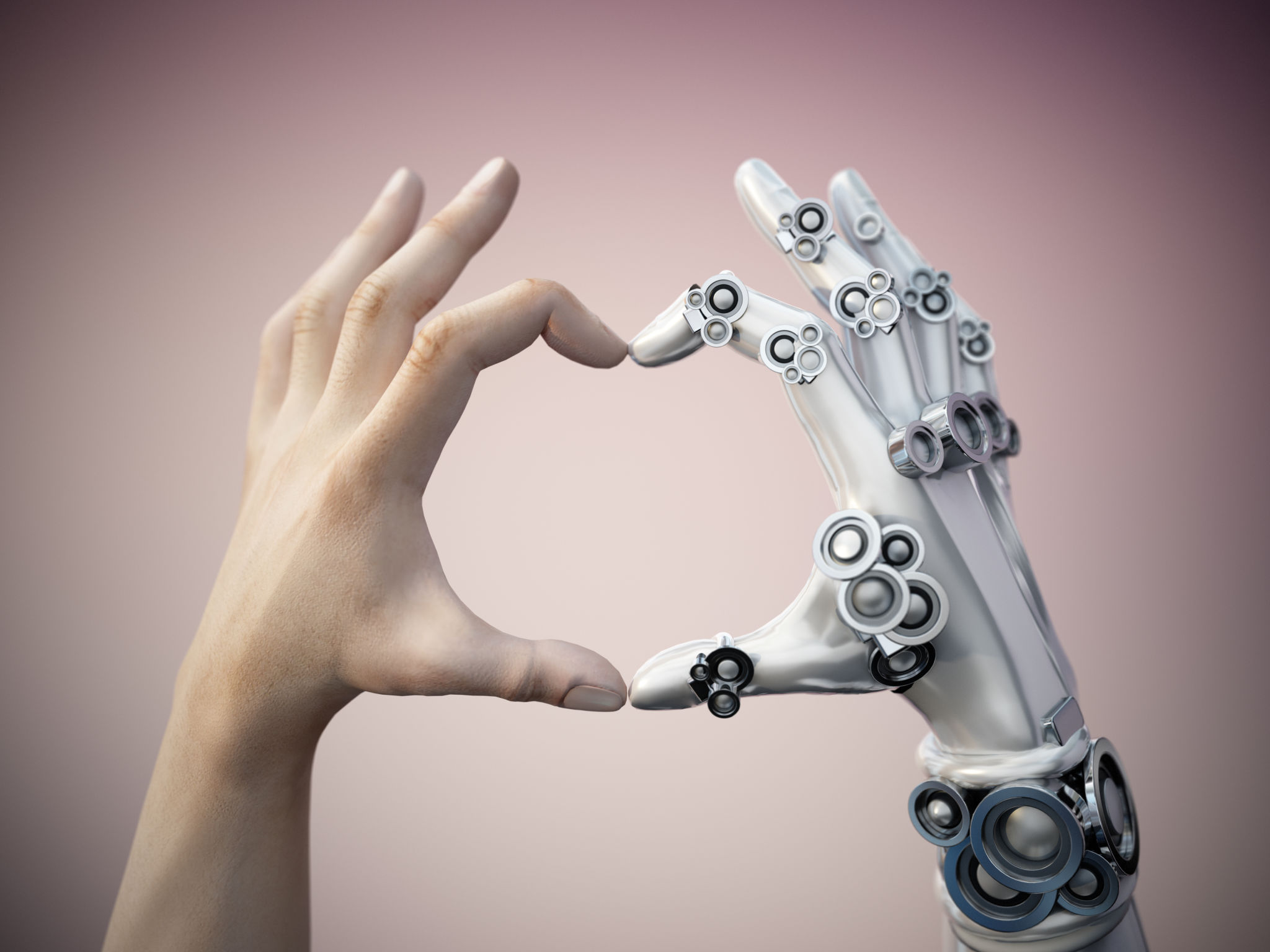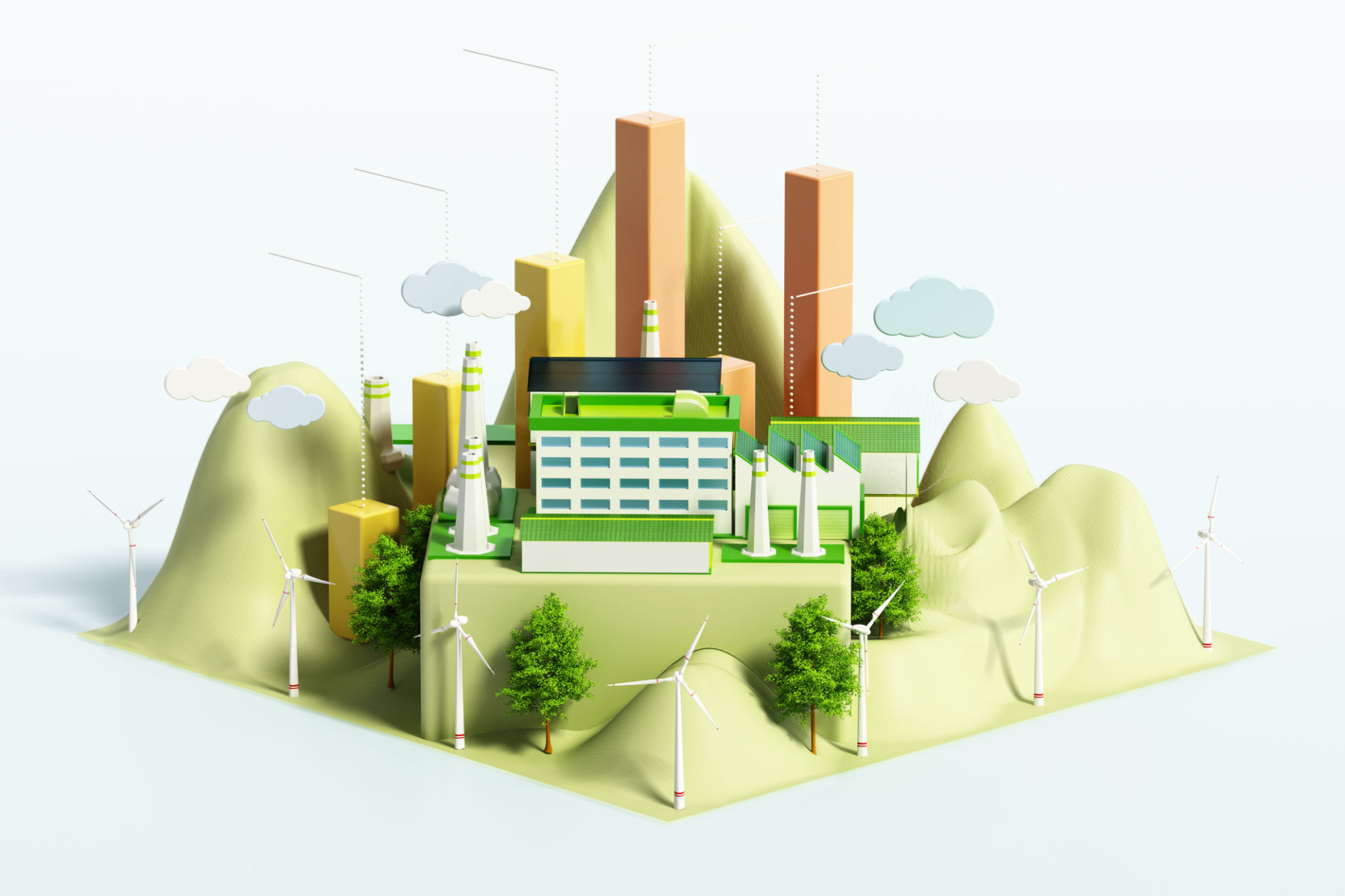Exploring the Latest Trends in Industrial Automation in Malaysia
Introduction to Industrial Automation in Malaysia
Malaysia is rapidly becoming a hub for industrial automation, driven by advancements in technology and a growing demand for efficiency. As industries evolve, automation plays a crucial role in transforming processes, enhancing productivity, and reducing operational costs. This article delves into the latest trends shaping industrial automation in Malaysia.

Integration of IoT and AI
The integration of the Internet of Things (IoT) and Artificial Intelligence (AI) is revolutionizing industrial automation. IoT devices collect real-time data, which AI analyzes to optimize manufacturing processes. This combination allows factories to predict maintenance needs, reducing downtime and increasing operational efficiency.
Furthermore, AI-driven automation enables personalized manufacturing, where customization is possible without sacrificing speed or quality. It’s a game-changer for industries seeking to meet diverse consumer demands.
Rise of Collaborative Robots
Collaborative robots, or cobots, are becoming increasingly popular in Malaysia. Unlike traditional industrial robots that require segregation from human workers, cobots are designed to work alongside humans safely. This collaboration enhances productivity and allows for more flexible manufacturing processes.

Cobots are particularly beneficial for small and medium-sized enterprises (SMEs) due to their affordability and ease of integration into existing systems. They are paving the way for more agile and responsive manufacturing environments.
Focus on Sustainability
Sustainability is a significant trend influencing industrial automation. Companies in Malaysia are adopting eco-friendly practices by utilizing automation technologies that minimize waste and energy consumption. Automation systems are designed to optimize resource usage, contributing to a more sustainable production cycle.
Automated systems also support recycling and the circular economy by efficiently sorting and processing recyclable materials. This focus on sustainability aligns with global efforts to combat climate change and reduce environmental impact.

Advanced Robotics and Machine Learning
Advanced robotics powered by machine learning algorithms are enhancing the capabilities of automated systems. These robots can adapt to new tasks by learning from data, which makes them incredibly versatile. As a result, industries can achieve higher precision and efficiency in their operations.
Machine learning also enables predictive analytics, allowing companies to foresee production bottlenecks and optimize supply chain management. This predictive capability is invaluable in maintaining smooth and efficient operations.
Conclusion: The Future of Automation in Malaysia
The future of industrial automation in Malaysia looks promising, with continuous advancements in technology and an increasing focus on efficiency and sustainability. As the country embraces these innovations, industries will likely see enhanced productivity and competitiveness on a global scale.
By staying abreast of these trends, businesses in Malaysia can capitalize on the benefits of automation, ensuring they remain at the forefront of industrial innovation.
